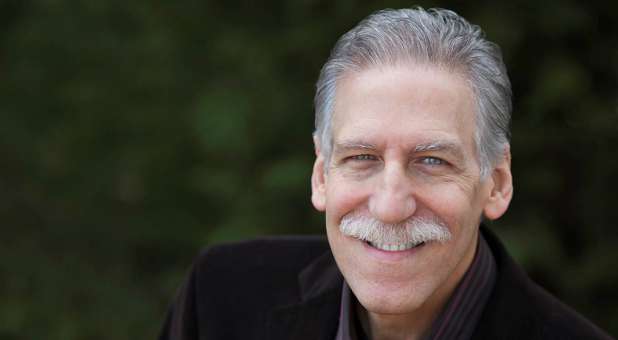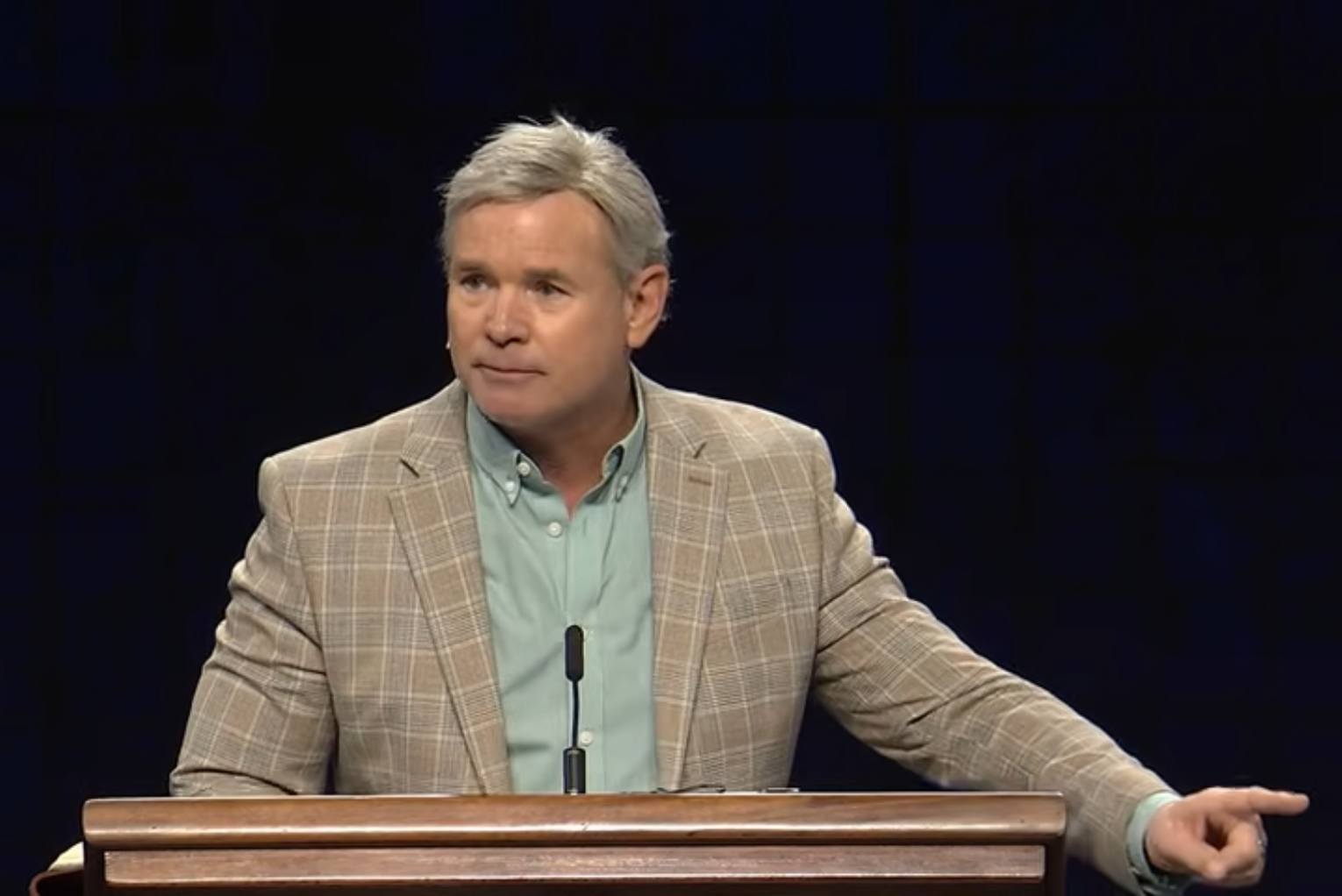Hyper-grace teachers frequently emphasize that they do not condone sinful living and that God’s true grace will produce a holy life, and I believe they sincerely mean this. One hyper-grace author even states at the beginning of his book, “We are not propagating immorality, because if we truly believe in God and love Him there will be corresponding works (because faith without works is dead).” Absolutely!
There are boatloads of testimonies these teachers can point to, documenting how thousands of believers have found freedom and deliverance by embracing the message of grace. In previous years, these believers had lived under a weight of condemnation, thinking if they just worked a little harder God might accept them, feeling as if they never measured up. Then they encountered God’s amazing grace and were transformed.
This is wonderful news, and I rejoice in these testimonies too. In fact, that is the message of grace I believe in and preach as well.
Unfortunately, there are now boatloads of stories of believers who have been terribly injured by the hyper-grace message. In fact, since my article “Confronting the Errors of Hyper-Grace” was posted last week, I have not been able to keep up with all the horror stories that have been sent my way.
This one is typical, from Jessica:
“I have seen firsthand the changes that come with people who embrace this message.
“I joined a small group 3 years ago that went from having regular prayer meetings and living holy connected lives together to stating ‘prayer is a work and denies grace’ and ‘sin allows grace to do its great work.’ All of our prayer meetings and Bible studies were traded in for game-nights and nights out at the bar to ‘witness’ where many from the group got plastered … all in the name of ‘grace.’
“My heart has been so broken for my dear friends who I walked so closely with. As a group, they have embraced sin as not only acceptable, but justified and desirable. I have been completely ostracized and mocked for my stand in holiness. They don’t even call me by my name anymore—they call me ‘Pharisee.’ Unfortunately, I have had to step completely away from these loved ones and am spending my life in prayer for them.”
Another wrote this:
“I had a loved one who was an intense follower of hyper grace start to lie and cheat in his business. … He was a different person before he started following hyper grace. … He wasn’t greedy, in fact he was selfless, humble and very much in integrity. Also I can’t mention to him the fact that he lied and withheld info in order to steer people to invest … Why? Because he says there is no condemnation in Christ. So no one is allowed to mention that aspect of his behavior to him … or else.”
A worship leader wrote to me, describing what is happening among prominent worship leaders he knows, where “the drinking partying thing is rampant. Totally excused because they were under grace not legalism.”
Of course, my hyper-grace friends will protest: “This is not the fruit of our message. Our message produces love for Jesus and holy living. These people obviously misunderstood what we were teaching.”
But it’s not so simple, otherwise pastors and believers from around the country (and other countries) wouldn’t be contacting me day and night to talk about the destructive effects of the hyper-grace message.
Without a doubt, my colleagues who preach hyper-grace have discovered some wonderful truths that are liberating and transforming, and all of us should embrace those truths. Unfortunately, the hyper-grace message (in contrast with Paul’s message of abundant grace) is unbalanced and highly reactionary, to the real detriment many believers.
Here are three major concerns (out of many more) that must be addressed:
1) Hyper-grace teachers (and their followers) denigrate those who differ with them, calling them legalistic Pharisees, branding them manipulators and tyrants who preach a counterfeit gospel, and sometimes even claiming that leaders who don’t preach hyper-grace are doing so for monetary gain (“sin management is lucrative;” there is an almost endless stream of quotes like this from respected hyper-grace leaders). This is destructive and divisive and needs to stop. (For the record, I use the term “hyper-grace” to be descriptive, not insulting, and some within the movement say, “Yes, we believe in hyper-grace!”)
2) In their zeal to exalt God’s grace, hyper-grace teachers often make extreme statements that lead believers to think that they are not responsible for their sins. After all, if we are always perfectly holy in God’s sight, we don’t really sin. Our bodies do! This is dangerous and unbiblical.
3) Hyper-grace teachers commonly claim that the words of Jesus no longer apply to us. Instead, they argue, Jesus’ teaching was for the Jews under the Law before the new covenant was inaugurated, whereas Paul brought the message of grace. If this false dichotomy doesn’t raise a red flag of warning, nothing will. Simply stated, any teaching that minimizes (or even ignores) the teachings of Jesus should be rejected.
I appeal to you, my brothers and sisters who are leaders in the hyper-grace camp (or, in your view, who are preaching the message of grace) to take these things to the Lord and make some serious course corrections before more lives are destroyed. Many have been helped by the truths you have taught, but many others have been damaged by your errors, and you cannot rejoice in the good without taking responsibility for the bad.
We don’t need any more horror stories.
Michael Brown is the author of The Real Kosher Jesus and the host of the nationally syndicated talk radio show The Line of Fire on the Salem Radio Network. He is also president of FIRE School of Ministry and director of the Coalition of Conscience. Follow him at AskDrBrown on Facebook or @drmichaellbrown on Twitter.












































